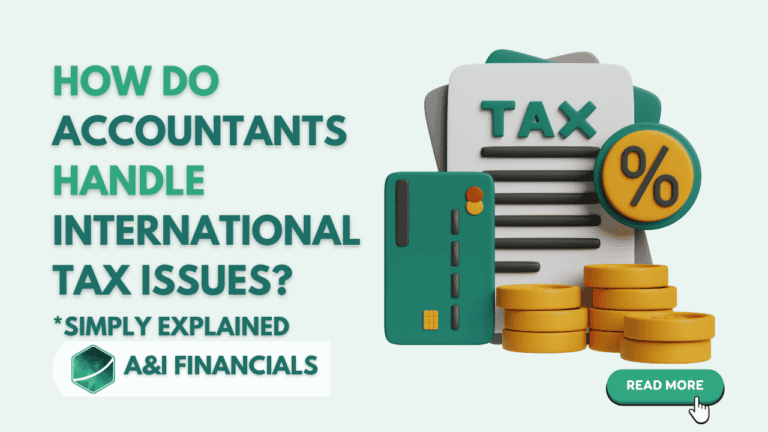What is Per Capita Tax?
Taxes are not the most thrilling topics at first glance, but they are vital to the functioning of our communities and, indeed, our everyday lives. Yet, among the myriad of tax forms, rates, and regulations, there lies a somewhat less discussed but equally fascinating player: the per capita tax. But what is per capita tax, exactly? Let’s peel back the layers of this financial onion to reveal the inner workings, implications, and nuances of this unique form of taxation.

The Essence of Per Capita Tax: A Flat Rate for Every Adult
Imagine a party where everyone shares the cost of the cake, regardless of how much they can eat or how hungry they are. That’s the per capita tax for you: a flat rate tax imposed by municipalities and school districts, aimed at every adult resident within their jurisdiction, usually those over 18. This tax’s beauty (or, for some, the frustration) lies in its simplicity. Everyone pays the same amount, making it a striking example of the principle that everyone should contribute to the funding of public services, from roads and parks to schools.
A Glimpse Into Its Purpose
Now, you might be scratching your head, thinking, “Why opt for a tax system that seems to throw nuances to the wind?” The per capita tax is embraced for its straightforwardness and its egalitarian ethos. It offers a way for communities, especially those smaller in size or with limited taxing authority like certain school districts, to ensure that each adult resident chips in towards communal needs and services. It’s a system that circumvents the complex calculations tied to income levels or property values, opting instead for a broad-strokes approach to tax collection.
The Ripple Effect on Communities
Beneath its simple facade, the implications of the per capita tax are profound:
- Equality vs. Equity: At its core, the per capita tax treats every adult equally. However, this equality of treatment doesn’t equate to equity of burden. For those with limited financial means, a flat tax rate can be disproportionately heavy, sparking debates about the fairness of such a tax system.
- Fueling Local Services: Every thread counts in the grand tapestry of community funding. Per capita taxes weave a predictable and steady stream of revenue that helps keep the local machinery running, funding everything from maintaining public spaces to educational programs in schools.
- Ease of Administration: Its simplicity is not just a philosophical stance but a practical one. For taxing districts, the per capita tax is a breeze to administer, sidestepping the need for complex income assessments or property evaluations.
The Flip Side: Criticisms Unveiled
However, no tax system is a panacea, and the per capita tax is no exception to this rule. Critics argue that its one-size-fits-all approach fails to account for individual financial realities, potentially placing a disproportionate burden on those least able to bear it. Moreover, focusing solely on adult residents, it needs to tap into other potential revenue streams, such as businesses or non-residential property owners, adding complexity and contention to discussions about fairness and efficacy.
Navigating the World of Taxes with Our Services
Are you feeling overwhelmed by taxes? You’re not alone. Whether it’s the per capita tax or any other levy, navigating the maze of tax regulations can be daunting. That’s where our services come in. We offer personalized tax assistance to help you understand your obligations, minimize your liabilities, and ensure you’re making the most of available exemptions and deductions. We can help you ensure your financial health while complying with the law.

Conclusion: A Simple Tax with Complex Implications
So, what is per capita tax? It’s a flat-rate tax that embodies simplicity in taxation, ensuring every adult resident contributes their fair share towards community services. While its one-size-fits-all approach has its critics, its role in funding essential local services must be considered. As we navigate the complexities of tax systems, it’s crucial to remain informed and seek professional advice when needed. After all, understanding your tax obligations is the first step toward a healthier financial future.
FAQS
A per capita tax, also known as a “head tax” or “poll tax,” is a flat rate tax imposed equally on adult residents within a specific jurisdiction, usually by municipalities or school districts. Unlike income or property taxes that vary based on earnings or property value, per capita tax requires every eligible individual to pay the same amount, irrespective of their financial status.
Generally, per capita tax is levied on all adult residents of a taxing district over a certain age, often 18 years. The specifics can range from relying on nearby laws, with some locations imparting exemptions for senior citizens, college students, or people under a certain profit threshold.
Communities opt for per capita tax due to its simplicity and the equitable philosophy—everyone contributes equally to funding public services. It’s particularly favoured in smaller municipalities or school districts where administrative resources are limited and a simple, predictable source of revenue is needed.







